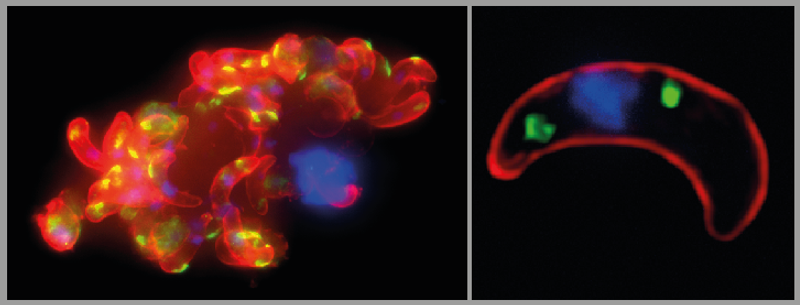The Challenge
- In 2022, there were more than 600,000 malaria deaths in 85 countries. African countries account for 95% of deaths, 80% of whom were children under five.
- Progress in tackling malaria has flat-lined, and cases and deaths have been further exacerbated by disruption to health services during the COVID-19 pandemic.
- Existing malaria interventions are becoming less effective as mosquitoes develop biological and behavioural resistance to insecticides and barrier-based controls, while malaria parasites develop resistance to treatment. New tools to tackle malaria are desperately needed.
- Transmission Zero’s gene drive technology offers an environmentally friendly, economically viable, and equitable intervention to curb the spread of malaria, particularly in rural, under-resourced areas.
- Tanzanian expertise and infrastructure provide a high-technology base for further capacity development and regulatory pathfinding in the region.
Voices of Global Science - Global Development Hub #1 - Transmission Zero Memo
Authors
George K. Christophides
Professor of Infectious Diseases and Immunity,
Imperial College London, UK
Nikolai Windbichler
Reader in Genetics,
Imperial College London, UK
Dickson Wilson Lwetoijera
Principal Research Scientist,
Ifakara Health Insitiute, Tanzania
